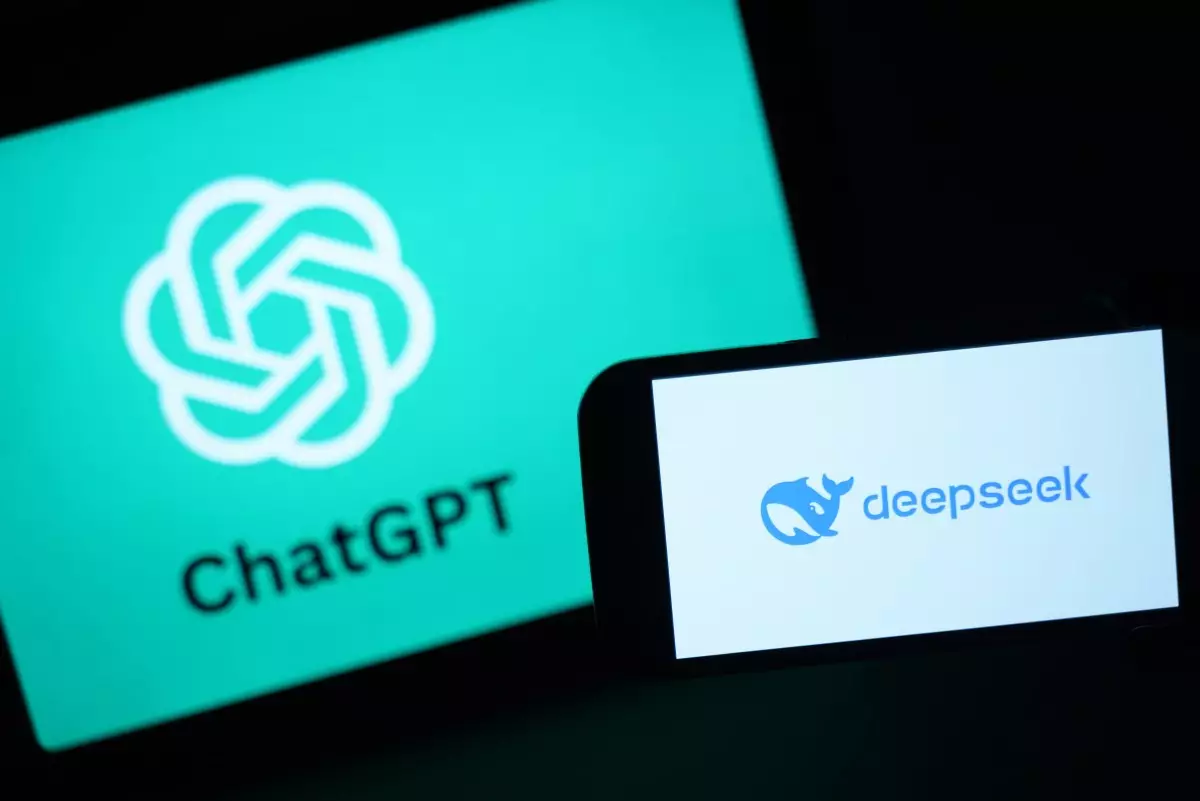In the rapidly evolving landscape of artificial intelligence, new contenders are constantly emerging, but few have generated as much buzz as DeepSeek. This intriguing application has recently surged to prominence, even besting established giants like OpenAI’s ChatGPT in app stores. But what lies beneath this ascendance? To uncover the intricate layers of DeepSeek’s emergence, one must look beyond the headlines and examine the technological and strategic choices propelling its success.
A key figure in the discussion is Ion Stoica, a prominent computer science professor at UC Berkeley and co-founder of Databricks. In a recent episode of TechCrunch’s Equity podcast, he expounds on the significance of open source in the AI domain. Stoica posits that the future of artificial intelligence should involve a robust investment in open-source frameworks. This approach not only democratizes access to advanced AI but also cultivates a collaborative ecosystem where innovations can flourish unimpeded by restrictive licenses. In a world where proprietary models can inhibit progress, Stoica’s advocacy for open-source solutions is both timely and relevant.
Another pivotal element in DeepSeek’s trajectory is its partnership with Microsoft, which has chosen to host DeepSeek on its Azure cloud platform. This decision highlights a growing trend in the tech industry where collaboration between large enterprises and innovative startups can lead to mutual growth. By leveraging Azure’s extensive resources, DeepSeek gains not just infrastructure but also credibility in a competitive market. Such partnerships signal a shift towards a more interconnected tech environment where shared goals can propel advancements.
The discussion surrounding DeepSeek also touches upon broader systemic issues within the tech landscape, particularly in the U.S. The episode revisits historical legislative efforts like SB-1047 and contemplates future strategies aimed at fostering accelerated innovation. Policymakers have a vital role in shaping the future of AI technology, and understanding the past allows for more informed decisions moving forward. Building a conducive regulatory environment is crucial if the U.S. hopes to maintain its leading position in AI innovation on a global scale.
Despite its rapid ascent, DeepSeek has not been without controversy. Questions have arisen regarding whether it has utilized OpenAI’s models during its training processes. Such allegations prompt essential dialogues about intellectual property, ethical AI development, and the responsibilities that come with leveraging existing technologies. As the industry pushes boundaries, ensuring that innovation does not tread on the rights of others is paramount for long-term success.
As we look to the future, the narrative surrounding DeepSeek and its peers will undoubtedly evolve. Just as the app landscape is subject to change with each new technological breakthrough, so too will the frameworks and discussions that govern it. The insights provided by influencers like Ion Stoica are invaluable to understanding this dynamic. As we continue to explore the intricacies of AI development, the conversation remains as essential as the technology itself—inviting all stakeholders to partake in shaping a future that balances innovation with ethical responsibility.

